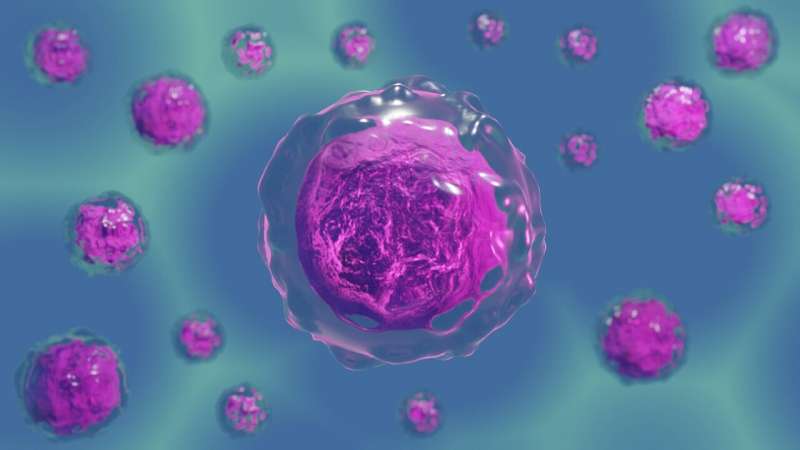Breakthrough in Biological 'Artificial Intelligence' System by Scientists

Australian scientists have developed PROTEUS, a revolutionary biological AI platform that accelerates molecular evolution within mammalian cells, opening new horizons for gene therapies and drug development.
Australian researchers have developed an innovative research system that employs 'biological artificial intelligence' (AI) to design and evolve molecules with novel or enhanced functions directly within mammalian cells. This groundbreaking approach introduces a powerful new toolset that can significantly accelerate the development of targeted research tools and gene therapies.
The system, named PROTEUS (PROTein Evolution Using Selection), leverages a technique called 'directed evolution', which mimics the natural evolutionary process but accelerates it dramatically. Unlike traditional methods that take years or even decades, PROTEUS reduces this to just weeks, enabling rapid creation of molecules with specific desired properties.
PROTEUS harnesses the principles of natural selection, allowing scientists to explore millions of potential molecular sequences that do not yet exist naturally. This technology has immediate implications for medicine development, such as refining gene-editing tools like CRISPR for higher effectiveness, or engineering proteins with improved regulatory capabilities. Co-senior author Professor Greg Neely from the University of Sydney emphasizes that PROTEUS can generate highly tailored molecules suitable for the human body, paving the way for innovative therapies.
One notable advancement is that, unlike previous directed evolution techniques confined to bacterial systems, PROTEUS operates efficiently within mammalian cells. It can address complex problems, such as inactivating disease-causing genes, by evolving molecules suited for specific tasks. To prevent the system from producing trivial solutions, researchers used chimeric virus-like particles—a hybrid of different viral components—that maintain the stability and robustness of the evolution process.
Lead researcher Dr. Christopher Denes explains that PROTEUS's design enables continuous experimentation, allowing the system to generate and select superior solutions in real-time. The process facilitates the development of molecules like drug-responsive proteins and nanobodies capable of detecting DNA damage—a critical factor in cancer research. Moreover, this platform is open-source, inviting global researchers to adopt and further develop its capabilities.
The development of PROTEUS was detailed in Nature Communications, stemming from a collaboration between the University of Sydney’s Charles Perkins Centre and the Centenary Institute. This innovation represents a significant step forward in molecular biology, offering a new method to produce highly specialized molecules to solve complex biological challenges.
This technology also celebrates the recognition of directed evolution, which earned the 2018 Nobel Prize in Chemistry, for its profound impact on biochemistry. The team hopes PROTEUS will catalyze advancements in enzyme creation, gene editing, and therapeutic development, ultimately making treatments more effective and personalized.
Stay Updated with Mia's Feed
Get the latest health & wellness insights delivered straight to your inbox.
Related Articles
Neural Biomarkers Identified for OCD Symptoms in Deep Brain Networks
A groundbreaking study uncovers neural biomarkers associated with OCD in deep brain regions, opening doors to more targeted and effective treatments. Using implanted electrodes, scientists identified specific brain waves linked to obsessive behaviors, marking a significant advancement in understanding OCD's neural basis.
New Study Links Redlined Neighborhoods to Increased Youth Violence in Richmond
A new study links historic redlining to higher rates of youth violence in Richmond, highlighting lasting impacts of discriminatory housing policies on community safety today.
Global Review Highlights Need to Transform Hepatitis B Care to Achieve WHO 2030 Goals
A new global review identifies critical gaps in hepatitis B care and calls for decentralized, integrated models to meet WHO 2030 elimination goals. Improved primary care involvement is essential to prevent millions of deaths.



